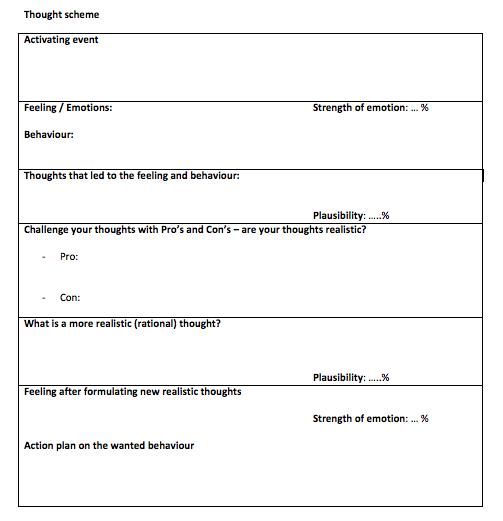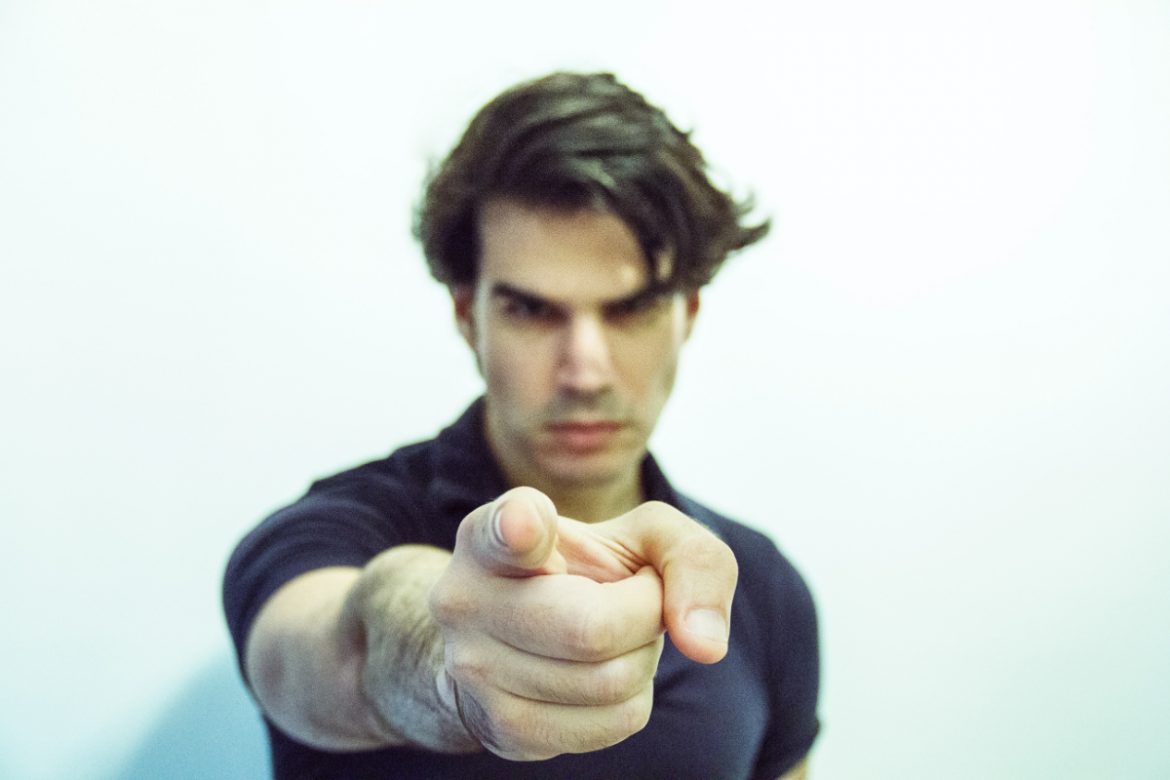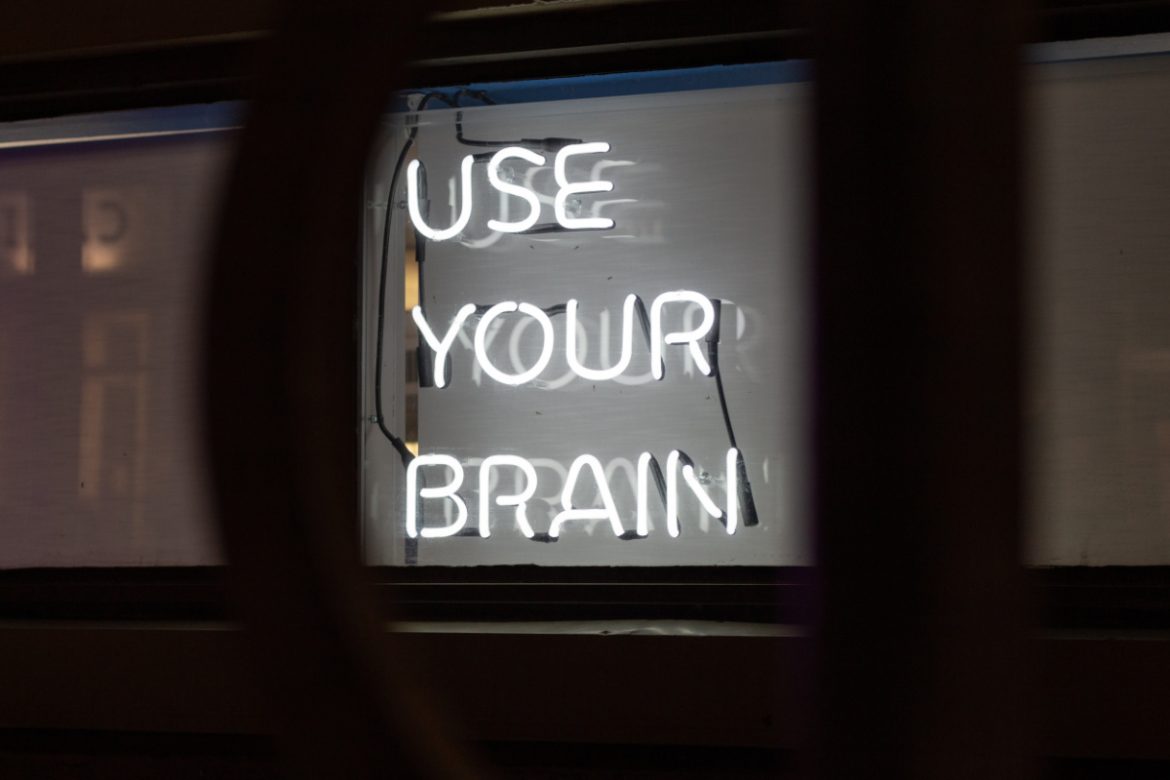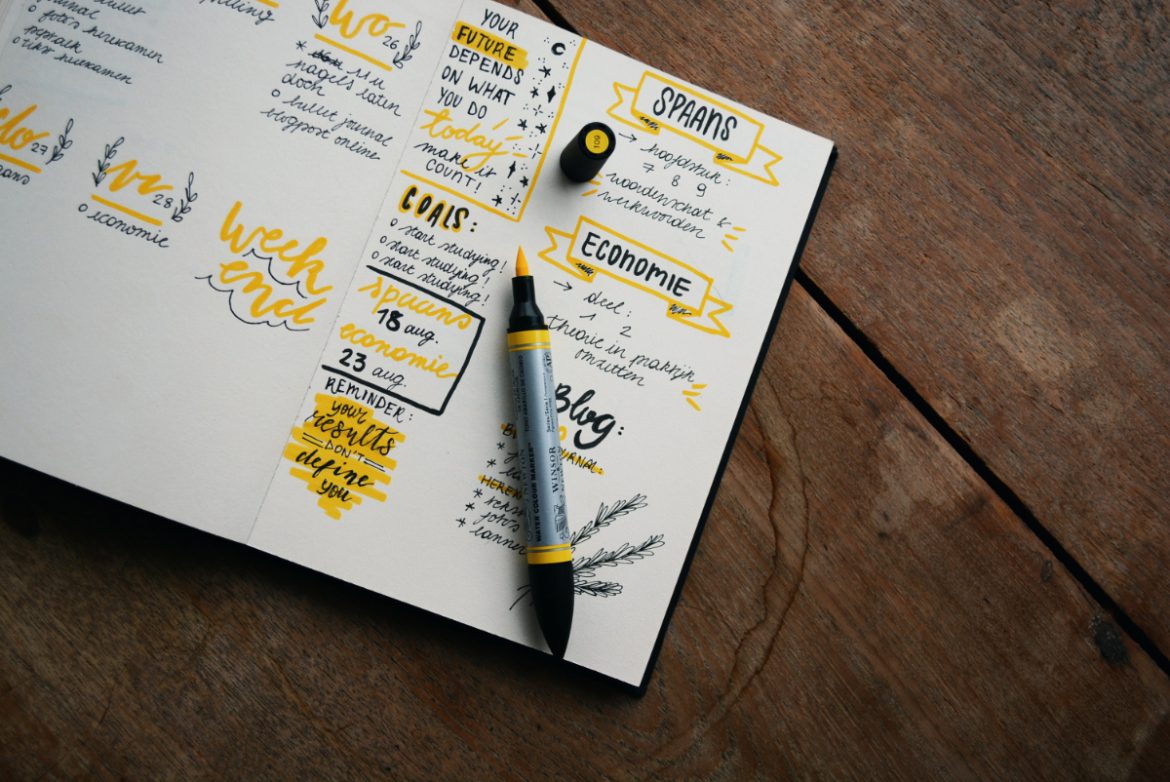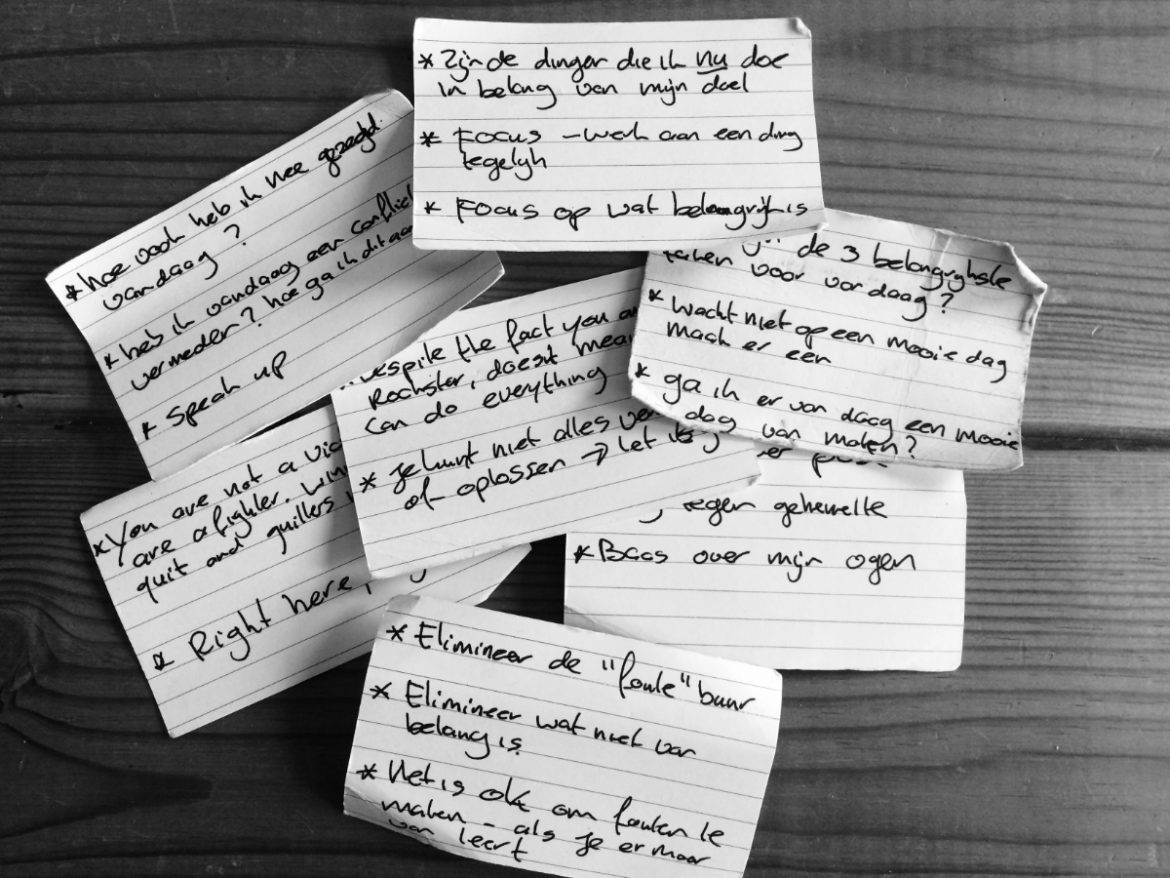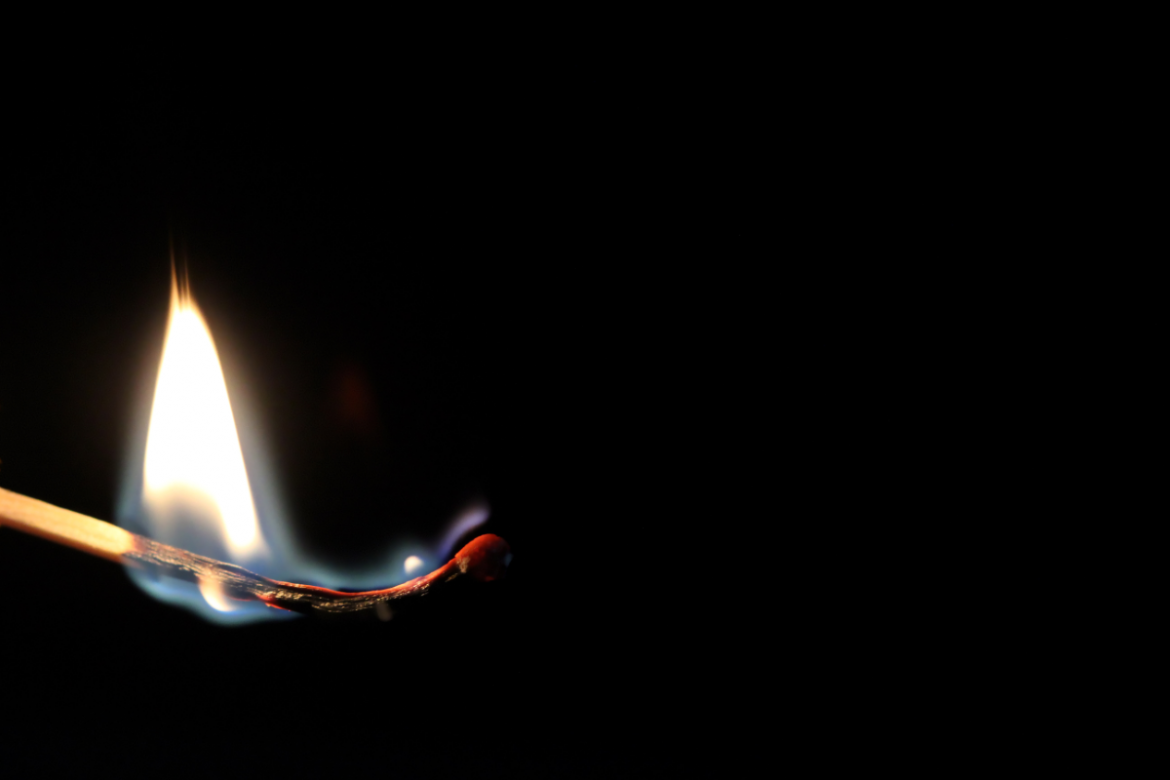“Success is achieved by developing our strengths, not by eliminating our weaknesses.”- Marilyn vos Savant
I’m born and raised in The Netherlands and it is not very common in our culture to speak about the great things your have achieved in your life. As soon as you are proud of an achievement, people think you are arrogant hence we have a tendency to not speak about our strengths. This is different in the US where it is normal to speak openly about successes and strengths.
When you ask people to name their strengths and weaknesses, they always start with naming their weaknesses, try it with your fiends and you will see that most of them can easily name some of their weaknesses and feel uncomfortable to speak about their strengths.
It’s the same in businesses where most of the focus is on fixing weaknesses. Strategy workshops always start with the so-called SWOT analysis and you will see that most of the time and actions are based on fixing the weaknesses. What companies should do is to focus more efforts on the strengths of the company; it’s products, services and employees. So focus more on the ‘S’ in the SWOT analysis. How can they do more of their strengths and how can they become better and transform from a good into a great company.
If you focus on the weaknesses; it’s like training Messi to become the best goalkeeper, that won’t work. All he does is to be an even better striker for Barcelona and score more goals. Focus on the strengths and you will see more success!
It should be common sense that for a positive life style you should focus on your strengths instead of your weakness but unfortunately the vast majority of us are trying to solve their weaknesses. Successful companies like Tesla, Google, Spotify and Facebook focus their vast majority of their time on their strengths and get even better at it.
For a lot of people it will feels uncomfortable start focusing more on their strengths but I would like to challenge you in starting to write down your strengths on a piece of paper or in your digital note taker like Evernote. You can do this in different ways;
- Take a piece of paper and write down all your strengths in the next 15 min. Don’t think too much about it, just write down everything that you can think of
- Incubate it into your daily routine / habit like describe in one of my previous blog posts. Everyday you need to write down at least one strength you have. Do this exercise for the next 60 days.
It doesn’t matter what kind of strength it is and how “big” it is. A couple of examples:
- I’m a very good listener
- I’m always supportive to my kids while doing their homework
- I make the best pasta you have ever tasted
- I’m the best guitar player in my hometown
- I’m always friendly when stranger ask me a question
- I have set up a successful business
Again it is not how “big” your strengths are it is about the acknowledgement and realization that you have strengths and trust me everybody have strengths, a lot!
Whatever your decide on how to document your strengths, make sure they are easy to find and they are all in one place because her comes the trick….every time you think about a ‘weakness’ or when somebody reminds you of one of your ‘weaknesses’ grab your list and ad random pick three strengths and read them out loud so that if somebody was standing next to you he or she could hear you speak. After a while you will realize that the three strengths will overrule your “weakness”.
After a couple of weeks when you have trained your mind you will see that you will start thinking more about your strengths and become more positive in your self believe hence your will do more of what you are good at.
Focusing on your strengths is somethings that is coming from the positive psychology and mainly from one of my biggest inspirators – Martin Seligman. In his book “Authentic Happiness” he is talking about Character Strengths and Virtues. There are 6 classes of virtues that are made up of 24-character strengths.
The six virtues are:
- Wisdom
- Courage
- Humanity
- Justice
- Temperance
- Transcendence
Each virtue contains of character strengths
1. Wisdom
Creativity
- Clever
- Original & Adaptive
- Problem Solver
Curiosity
- Interested
- Explores new things
- Open to new ideas
Judgment
- Critical thinker
- Thinks things thorough
- Open-minded
Love of learning
- Masters new skills & topics
- Systematically adds to knowledge
Perspective
- Wise
- Provides wise counsel
- Takes the big picture view
2. Courage
Bravery
- Shows valor
- Doesn’t shrink from fear
- Speaks up for what is right
Perseverance
- Persistent
- Industrious
- Finishes what one start
Honesty
- Authentic
- Trustworthy
- Sincere
Zest
- Enthusiastic
- Energetic
- Doesn’t do things half-heartedly
3. Humanity
Love
- Warm and genuine
- Values close relationships
Kindness
- Generous
- Nurturing
- Caring
- Compassionate • Altruistic
Social Intelligence
- Aware of the motives and feelings of self/others
- Knows what makes others tick
4. Justice
Teamwork
- Team player
- Socially responsible
- Loyal
Fairness
- Just
- Doesn’t let feelings bias decisions about others
Leadership
- Organizes group activities
- Encourages a group to get things done
5. Temperance
Forgiveness
- Merciful
- Accepts others’ shortcomings
- Gives people a second chance
Humility
- Modest
- Lets one’s accomplishments speak for themselves
Prudence
- Careful
- Cautious
- Doesn’t take undue risks
Self-regulation
- Self-controlled
- Disciplined
- Manages impulses and emotions
6. Transcendence
Appreciation of beauty & Excellence
- Feels awe and wonder in beauty
- Inspired by goodness of others
Gratitude
- Thankful for the good
- Expresses thanks
- Feels blessed
Hope
- Optimistic
- Future-minded
- Future Orientated
Humor
- Playful
- Brings smiles to others
- Lighthearted
Spirituality
- Searches for meaning
- Feels a sense of purpose
- Senses a relationship with the sacred
More information about each character strengths can be found here
In order to find your own personal character strengths, you can do an online test and answer 240 questions – > https://www.authentichappiness.sas.upenn.edu/questionnaires/survey-character-strengths
Based on this test you will find your 5 so called signature strengths. I can share my 5 signature strengths based on the test I did:
- Perseverance
- Fairness
- Leadership
- Gratitude
- Humor
My goal is to use these 5 signature strengths in my everyday life. Both in my working and private life and see if I can strengthen these character strengths even more.
During the next couple of days, I would like to challenge you to focus more on your strengths and see how you can do more of those and become even better in your strengths. This is much easier than to eliminate a weakness and to become better in your strengths will also give you more joy and happiness in your everyday life. It will also increase your motivation curve to focus on the strength and the positive things and that will give your more energy!
Start focusing on your strengths!
Please find some good video’s on YouTube about discovering your signature strengths
Photo by Esteban Lopez on Unsplash



